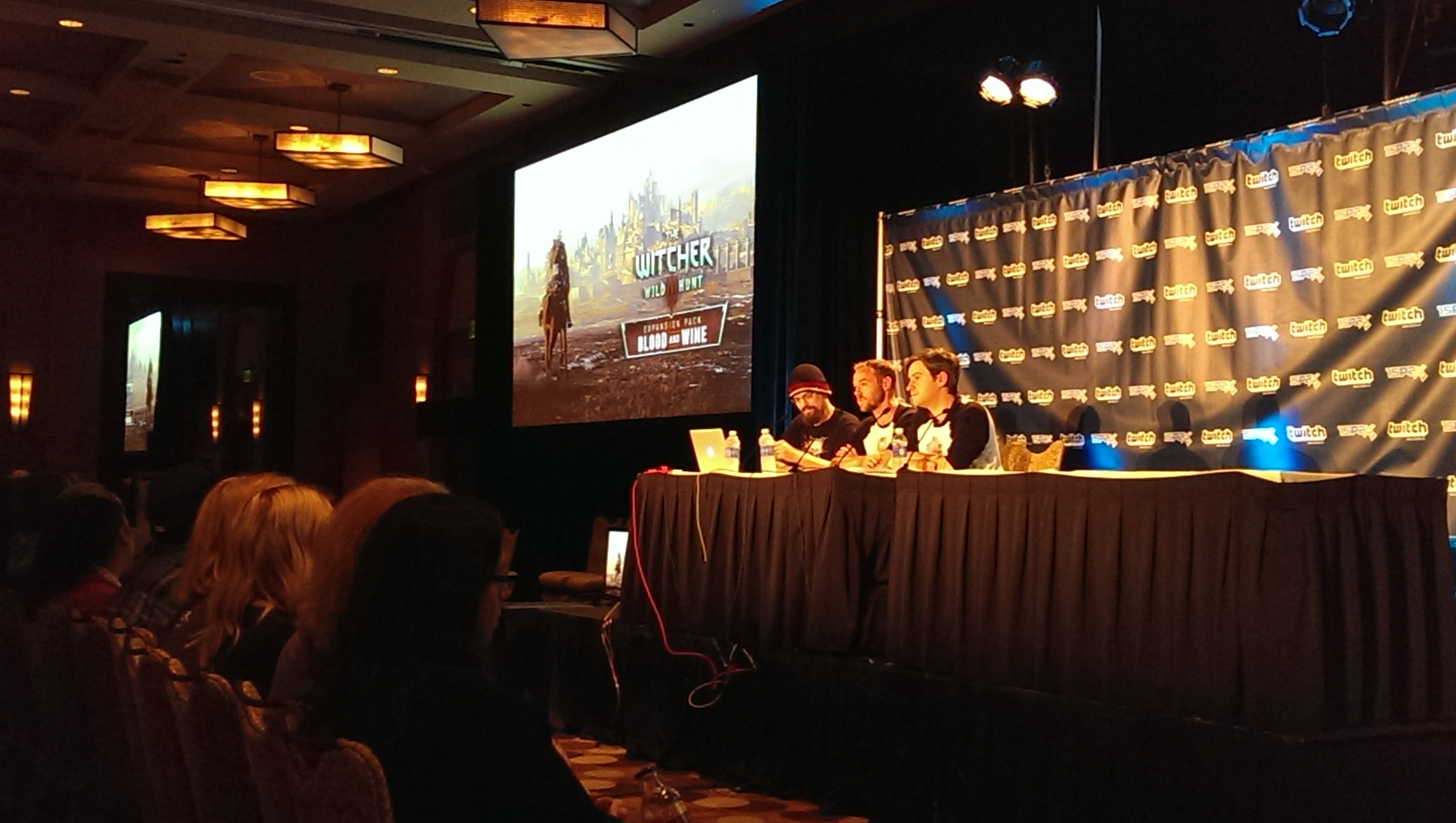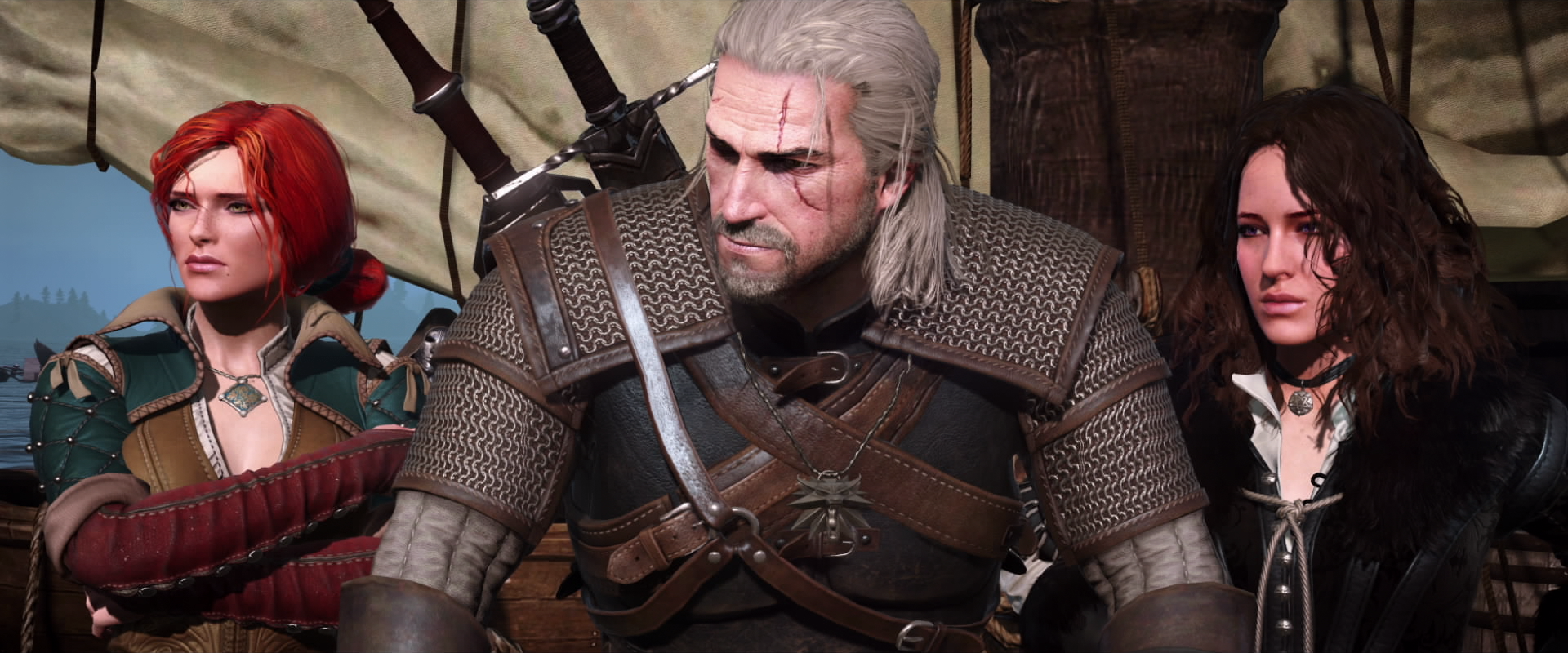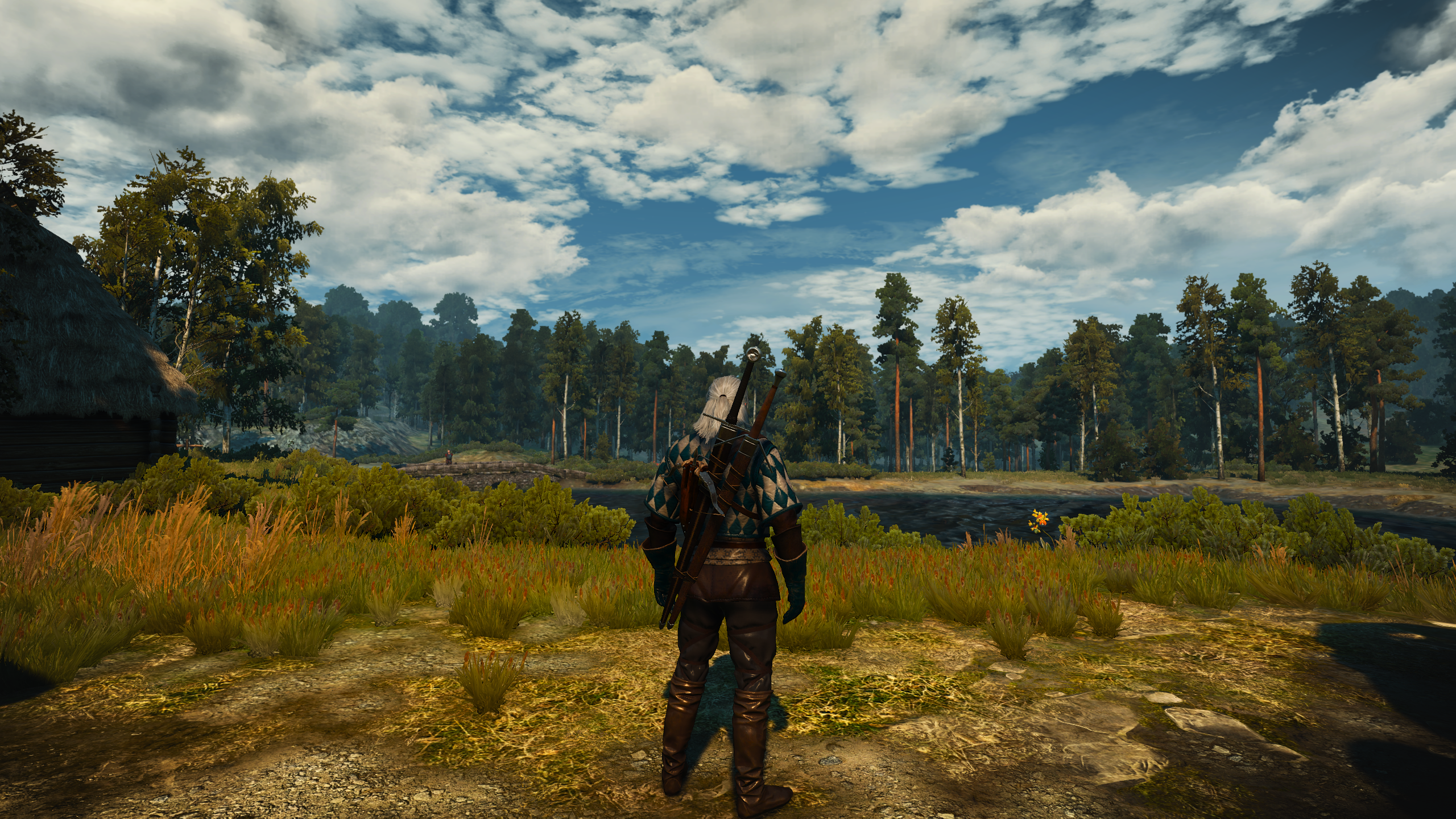"Fifty shades of white": Witcher 3 devs talk race and adapting literature

The Witcher 3: Wild Hunt has certainly received its fair share of heaping praise. After all, this is one of the most expansive and beautifully realized worlds to grace our screens in quite some time. But The Witcher 3 also faced some criticism at launch: about its graphics, and for its lack of cultural diversity, especially with the notable absence of any characters of color.
Back in June, Polygon published a controversial opinion piece by Tauriq Moosa criticizing the game for failing to include not only notable characters of color, but anyone from a race that wasn't characterized as white. During PAX Prime, members of The Witcher 3's narrative design team held a panel to discuss the challenges of adapting the source material, but they also addressed the issue.
"There are 16 different language versions of the Witcher 3," said Jakub Szmalek, a senior writer for The Witcher 3. "And we wanted each of these versions to feel like it was aimed at this very [specific] market. We don't want you to feel like you are playing a lesser translated version of the game."
"If we achieve this goal, the problem arises that you forget that you are playing a translated version of the game."
Szmalek went on to address the controversy surrounding the lack of racial diversity in the game, saying that some people assumed that it was some form of omission or a statement that the studio was trying to make.
"It is definitely not," Szmalek said. "It's just that we tackled certain issues from a different perspective."
Travis Currit, who was one of the team responsible for translating The Witcher 3 to English, suggested that for those living in more racially diverse areas, the lack of representation feels far more pronounced. He went on to say that while Poland is relatively "homogeneous" in terms of race, CD Projekt Red drew inspiration from the tensions that existed between the various cultures coexisting in the country.
Keep up to date with the most important stories and the best deals, as picked by the PC Gamer team.
"It's fifty shades of white," Szmalek said.

"Every day you read the papers there's a new controversy," Currit said. "That is a huge aspect of the reality in which the games and the books were created, and we feel like we make very direct references to those in-game. We had become so absorbed with hitting these issues that are absolutely at the forefront of Polish consciousness, that we didn't have time to address the issues that are bigger in other countries."
"That's the issue of making a game that releases to so many peoples and cultures," Szmalek added.
Beyond the challenges of developing a game with such a laser focus on the politics of Poland, the team also spent the hour discussing the difficulties inherent in bringing the words on a page to life on a screen. A lot of these problems stemmed from finding ways to take aspects of Polish culture and present them in a manner that wasn't alienating to foreign audiences. The team also had to find a balance between adherence to the lore of the story and concessions made in pursuit of a more enjoyable game.
In the books, for example, witchers strictly refuse to use a crossbow, a weapon that comprises a valuable component of Geralt's arsenal in the third game. French fans were also surprised to see Geralt and Yennefer climb on top of a unicorn in The Witcher 3's infamous love scene because, due to a translation error made in the French version of the books, Geralt and Yennefer were described as making love atop a stuffed rhinoceros.
"There's more room on a rhino, so there are advantages to it," Szmalek joked.
"It kind of lacks some of the romance," Currit countered.

When asked if the team would approach adapting a book again, however, the answer was still an overwhelming yes.
"We cannot overestimate the importance of the lore that we have at our disposal," Szmalek said.
As the first part of the panel ended and fans took to asking the team questions, the topic inevitably drifted toward the potential for a return to the Northern Kingdoms. Though the team was quick to express their excitement for the upcoming expansion packs, which they reiterated would be roughly the size of The Witcher 2, they were reluctant to discuss any future plans for The Witcher.
"The next book we're going to be adapting," Currit said, "is the Cyberpunk rule book."
With over 7 years of experience with in-depth feature reporting, Steven's mission is to chronicle the fascinating ways that games intersect our lives. Whether it's colossal in-game wars in an MMO, or long-haul truckers who turn to games to protect them from the loneliness of the open road, Steven tries to unearth PC gaming's greatest untold stories. His love of PC gaming started extremely early. Without money to spend, he spent an entire day watching the progress bar on a 25mb download of the Heroes of Might and Magic 2 demo that he then played for at least a hundred hours. It was a good demo.


